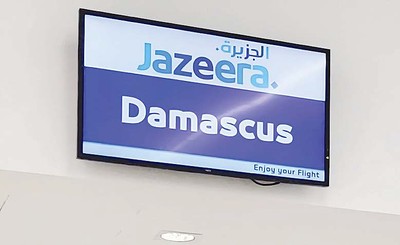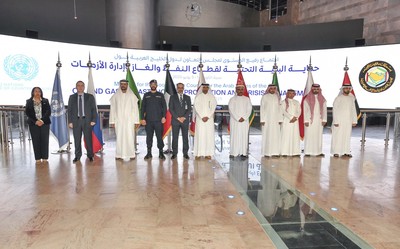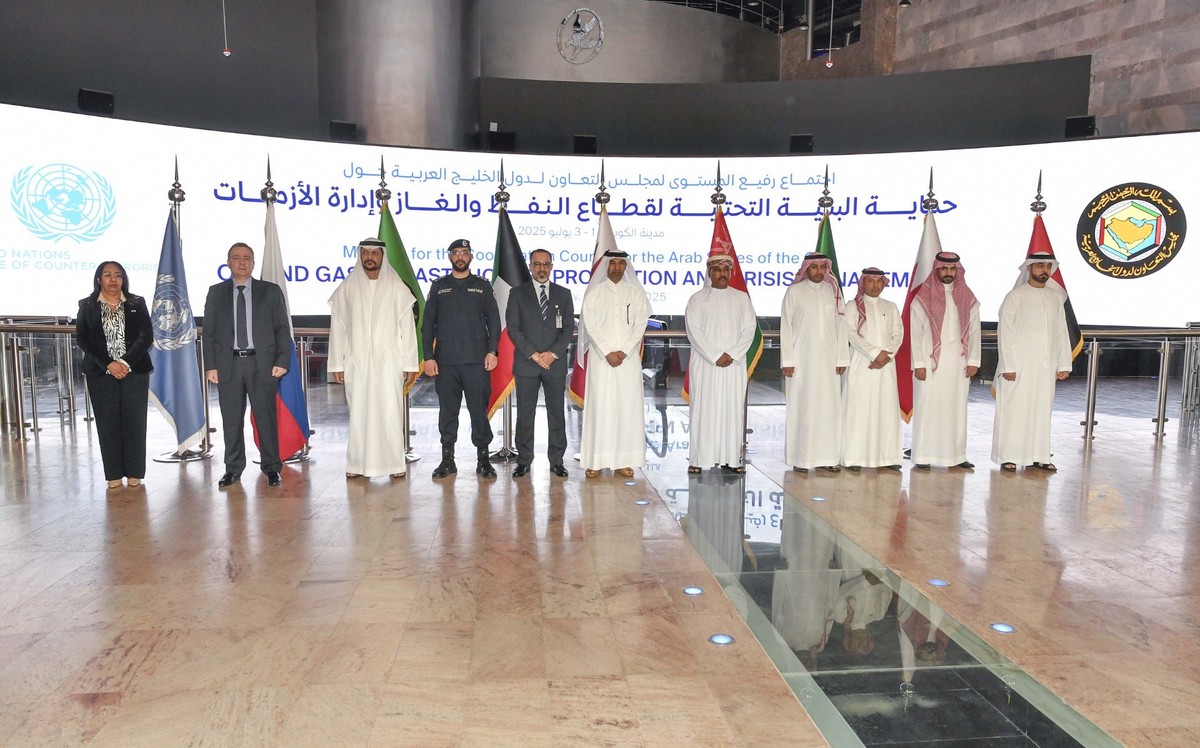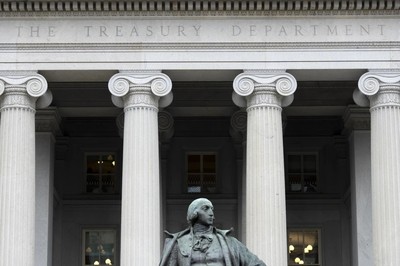DUBAI, May 1: Thousands of cryptocurrency enthusiasts gathered in Dubai on Wednesday for the TOKEN2049 conference, as optimism about the industry’s future remains high despite growing uncertainty around U.S. President Donald Trump’s pro-crypto policies.
The two-day event features a high-profile lineup of speakers, including CEOs from major global crypto firms, the heads of digital assets at BlackRock and Goldman Sachs, and Eric Trump, son of the U.S. president, who is scheduled to speak on Thursday.
President Trump, once a skeptic of digital currencies, has recently shifted his stance, pledging to ease regulations on the crypto sector and even launching his own cryptocurrency. This pivot sparked enthusiasm in the industry following a turbulent period in 2022 marked by the collapse of several major crypto firms.
However, the initial surge in cryptocurrency prices after Trump’s election victory has lost momentum. Bitcoin has dropped around 12% from its peak this year, with sentiment dampened by global trade tensions and concerns that Trump’s promised regulatory reforms are advancing more slowly than expected.
Despite this, the TOKEN2049 conference drew large crowds, with about 15,000 attendees expected. The atmosphere was lively, with music playing and even camels resting near the venue. Participants expressed a range of views on the impact of Trump’s policies.
“In the long term, it’s going to be good for crypto, but it really depends on the global economy,” said Miklos Veszpremi, COO of a web3-integrated streaming platform. “If tariffs start affecting countries, we could face some tough times.”
Still, the industry has seen a strong start to 2025. According to PitchBook, global venture capital investments in crypto firms reached $5.4 billion in the first quarter — the highest since mid-2022.
Among the attendees was Herbert R. Sim, wearing a bitcoin-themed jacket, who said it’s difficult to gauge the full impact of Trump’s policies. “So far, the progress has mostly been on the regulatory side. Things are easing up in America,” he noted, while navigating crowded marketing booths and outdoor attractions like zip lines.
Dubai and the wider United Arab Emirates are rapidly establishing themselves as crypto hubs. Major firms are expanding in the region, drawn by supportive regulation and business-friendly conditions. Binance, the world’s largest crypto exchange, announced in March a $2 billion investment from Abu Dhabi-backed MGX, strengthening its ties with the UAE.
Changpeng Zhao, Binance’s founder, received a warm welcome on the main stage. Zhao recently served a four-month U.S. prison sentence for violating anti-money laundering laws and stepped down as CEO as part of a $4.3 billion settlement with U.S. regulators. He remains a key shareholder in the company.
The UAE continues to embrace digital assets. Eric Trump revealed that bitcoin payments will be accepted for apartments in a newly announced Dubai tower by the Trump Organization, developed in partnership with a luxury real estate firm.
In parallel, Emirates NBD recently introduced crypto trading through its digital bank, Liv. The Dubai Multi Commodities Centre (DMCC), home to over 600 crypto companies, plans to launch a “crypto tower” in 2027 to support further industry growth.
“It’s much easier to do business here,” said German attendee Andre Liesenfeld, reflecting the growing sentiment among international crypto firms looking to the UAE as a strategic base.

 Latest News24 hours ago
Latest News24 hours ago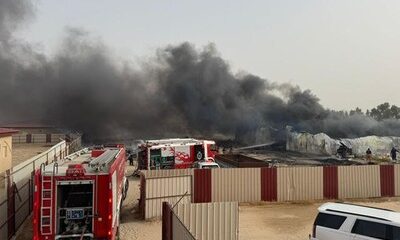
 Politics23 hours ago
Politics23 hours ago
 Politics11 hours ago
Politics11 hours ago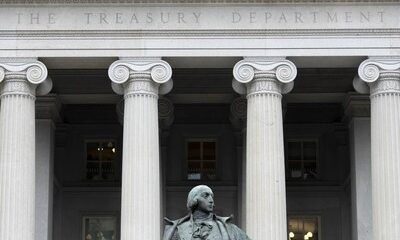
 Business10 hours ago
Business10 hours ago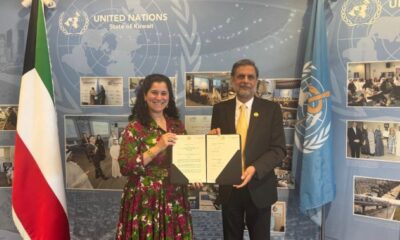
 Latest News5 hours ago
Latest News5 hours ago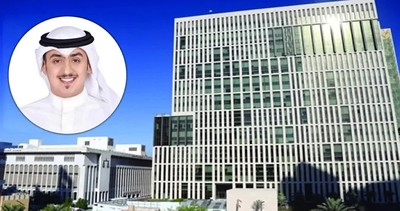
 Politics13 hours ago
Politics13 hours ago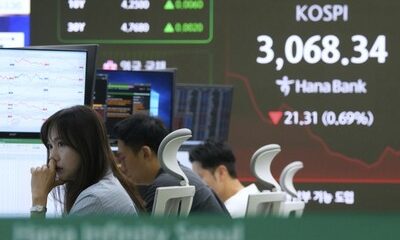
 Business13 hours ago
Business13 hours ago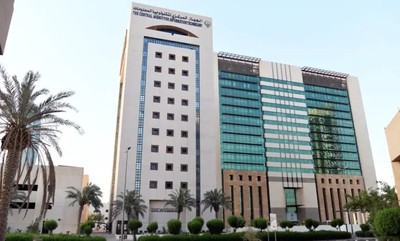
 Business11 hours ago
Business11 hours ago














